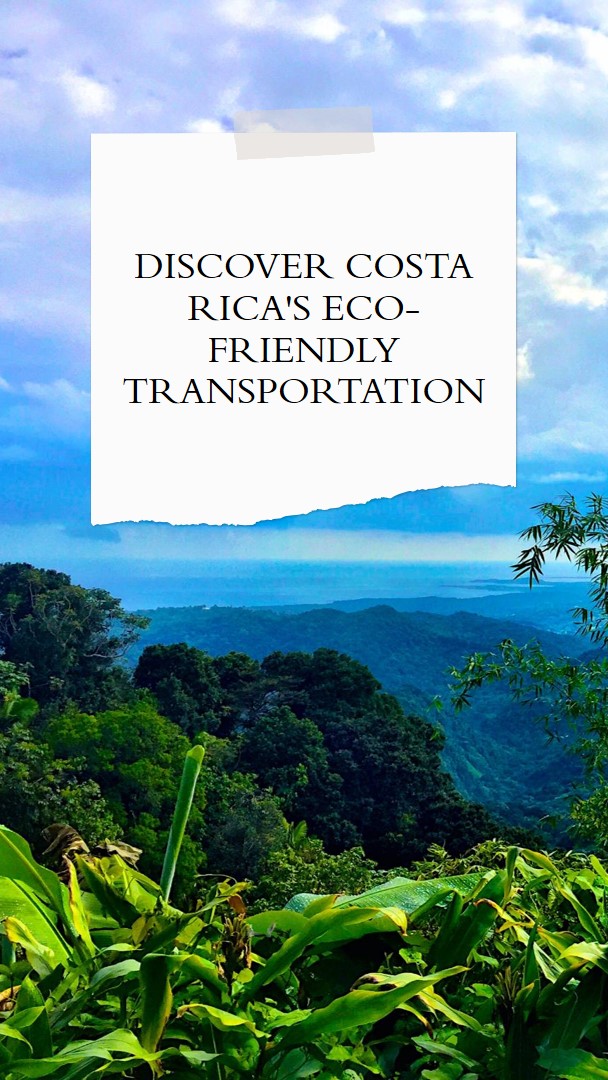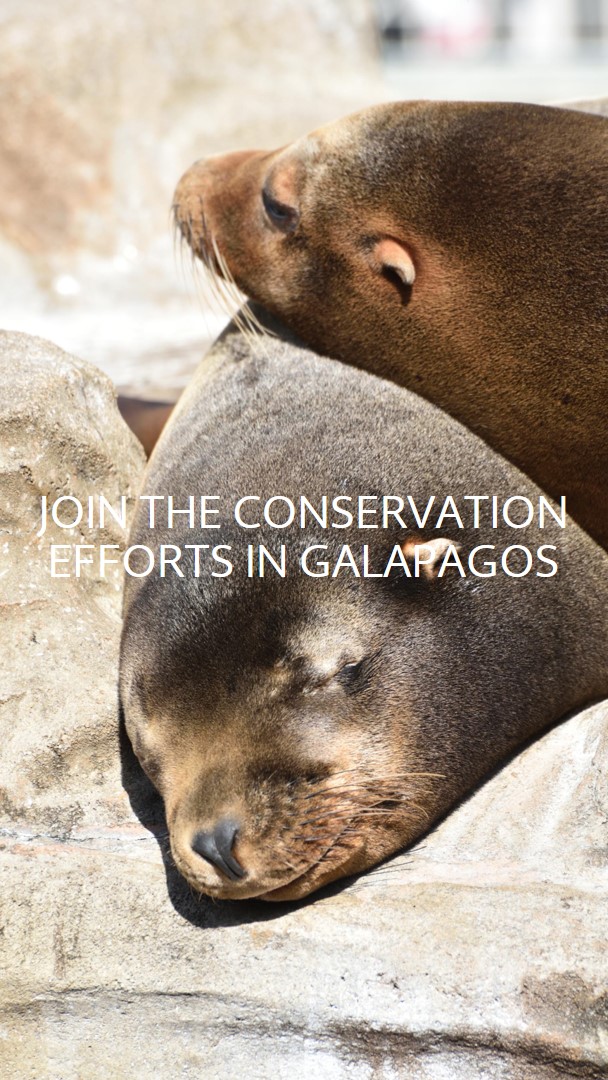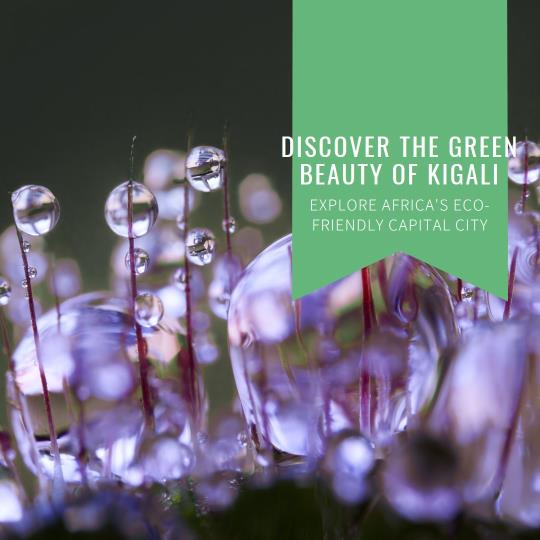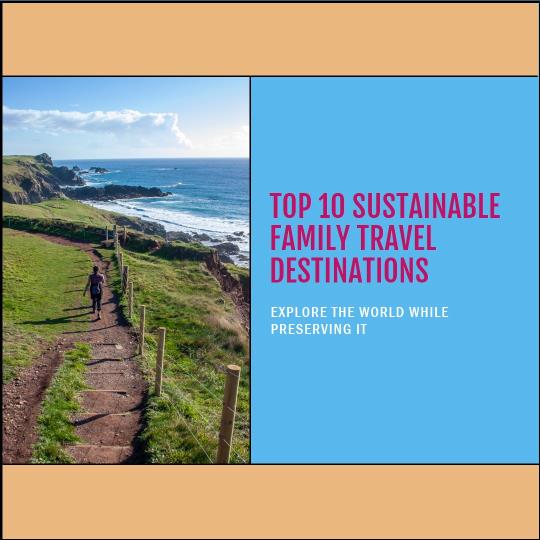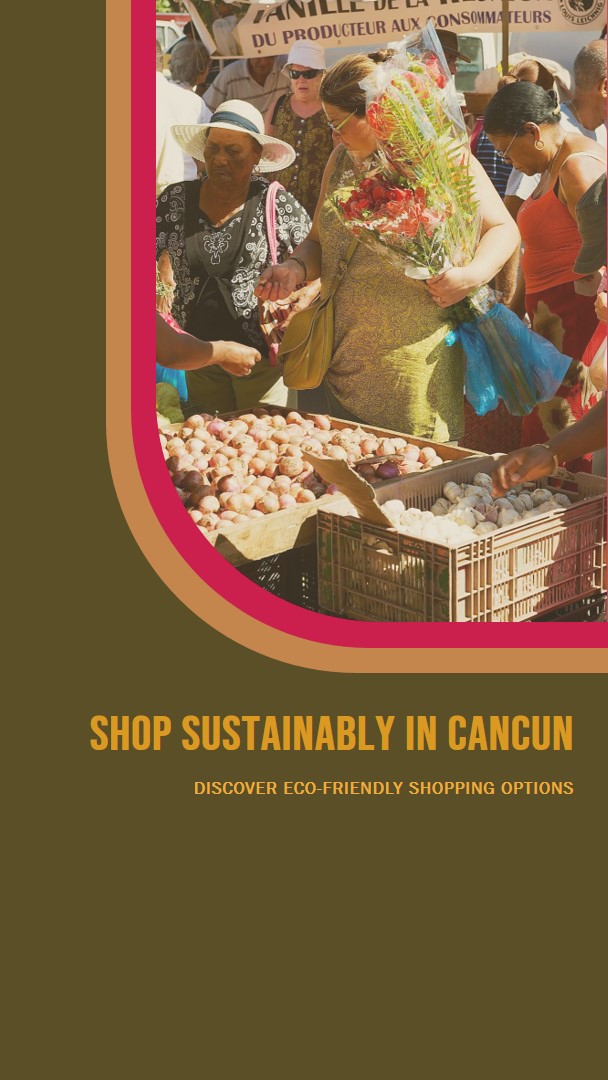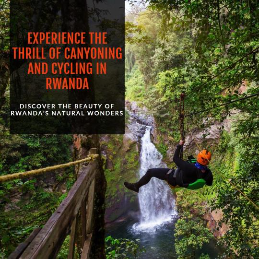Community-Based Tourism in Rwanda
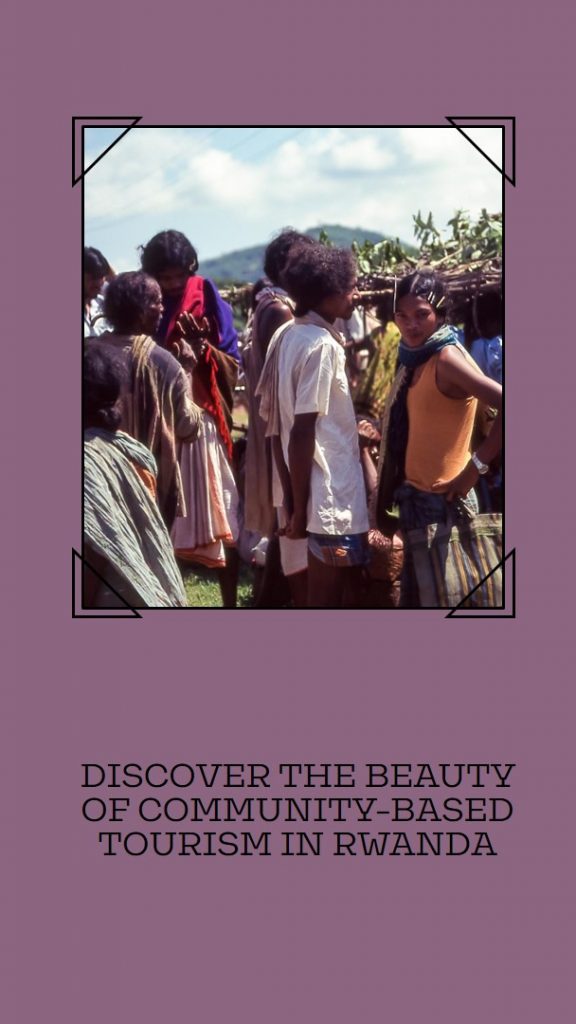
🌍A Model for Sustainability 🇷🇼
Rwanda, often referred to as the “Land of a Thousand Hills,” is not only known for its stunning landscapes and vibrant culture but also for its remarkable journey towards sustainable tourism. In recent years, the country has gained global recognition for its innovative approach to community-based tourism, a model that has become a beacon of hope for sustainable development in the African continent. This article explores how Rwanda has successfully implemented community-based tourism as a means to protect its natural resources, preserve its rich cultural heritage, and improve the livelihoods of its local communities.
🏞️ The Rwandan Landscape: A Natural Treasure 🌳
Nestled in the heart of East Africa, Rwanda boasts a diverse range of ecosystems, from lush rainforests to pristine lakes and sprawling savannas. The country is home to rare and endangered species, including the majestic mountain gorillas. To protect this natural heritage, Rwanda recognized the importance of sustainable tourism as an alternative to resource-intensive industries. Thus, the journey towards community-based tourism began.
👥 Empowering Communities: The Foundation of Success 💪
At the core of Rwanda’s community-based tourism model is the empowerment of local communities. The government, in collaboration with non-governmental organizations and international partners, initiated projects that actively involve communities in the tourism value chain. Local residents are trained as guides, artisans, and entrepreneurs, allowing them to directly benefit from the tourism industry.
🌿 Conservation Through Tourism: A Win-Win Approach 🦍
One of the most notable achievements of Rwanda’s community-based tourism model is the successful conservation of endangered species. The country’s commitment to preserving its natural habitats and wildlife has paid off, with a significant increase in the mountain gorilla population. Tourist revenue is reinvested in conservation efforts, ensuring the long-term survival of these magnificent creatures.
🏠 Authentic Experiences: Staying with Locals 🏡
Visitors to Rwanda can immerse themselves in the rich culture of the country by participating in community-based tourism initiatives. Accommodation options in local villages and interactions with the people provide an authentic experience that goes beyond typical tourist activities. Travelers gain insights into the daily lives of Rwandans, fostering cultural exchange and understanding.
🌍 Sustainability Beyond Borders: A Global Inspiration 🌐
Rwanda’s community-based tourism model has gained international acclaim and serves as a source of inspiration for other nations striving for sustainable tourism. Its success demonstrates that economic growth, environmental preservation, and community development can go hand in hand. Countries worldwide are now looking to replicate Rwanda’s approach to tourism for a more sustainable future.
🔍 Challenges and Future Prospects 🚧
While Rwanda’s community-based tourism model is undoubtedly a success story, it faces challenges such as ensuring equitable distribution of benefits and managing visitor numbers to protect fragile ecosystems. Nevertheless, Rwanda remains committed to refining its approach and adapting to changing circumstances.
Community-based tourism (CBT) is a type of tourism that is developed and managed by local communities. It is a model of tourism that is focused on sustainability and on providing benefits to the local community. CBT can provide a number of benefits to local communities, including:
- Economic benefits: CBT can generate income for local communities through tourism revenue. This income can be used to improve community infrastructure, services, and education.
- Social benefits: CBT can help to empower local communities and to promote social and cultural exchange. It can also help to preserve local cultures and traditions.
- Environmental benefits: CBT can help to protect the environment and to promote sustainable tourism practices.
Rwanda is a country that has embraced CBT as a model for sustainable tourism development. The Rwandan government has put in place a number of policies and programs to support CBT, including:
- Providing financial and technical assistance to local communities to develop CBT products and services.
- Promoting CBT to tourists and tour operators.
- Investing in infrastructure and services in CBT destinations.
As a result of these efforts, Rwanda has become a leading destination for CBT in Africa. There are now a number of CBT projects operating in Rwanda, offering a variety of experiences to tourists, such as:
- Homestays in rural villages
- Guided tours of national parks and reserves
- Cultural tours and experiences
- Volunteer opportunities
CBT is playing an important role in Rwanda’s economic and social development. It is providing much-needed income to rural communities and is helping to preserve Rwandan culture and traditions. CBT is also helping to promote Rwanda as a sustainable tourism destination.
Here are some examples of CBT projects in Rwanda:
- Irebya Gorilla Ecotours: This project offers guided tours of Volcanoes National Park, home to the endangered mountain gorillas. The project is owned and operated by local communities and employs local guides and porters.
- Gisenyi Homestays: This project offers homestays in the town of Gisenyi, on the shores of Lake Kivu. The project provides tourists with the opportunity to experience Rwandan culture and hospitality firsthand.
- Imigongo Center: This center offers workshops on imigongo, a traditional Rwandan art form. The center is run by local artisans and employs local people to teach workshops and sell imigongo products.
If you are interested in experiencing CBT in Rwanda, there are a number of resources available to help you plan your trip. You can contact the Rwandan Development Board for a list of CBT operators or search online for CBT tours and experiences.
CBT is a great way to experience Rwanda in a sustainable and responsible way. By participating in CBT activities, you can support local communities and help to preserve Rwandan culture and traditions.
🌟 Conclusion: A Bright Future Ahead 🌟
Rwanda’s community-based tourism model is a shining example of how sustainable tourism can benefit both nature and people. By empowering local communities, preserving its natural wonders, and offering authentic experiences to travelers, Rwanda has forged a path toward a more sustainable and equitable future. As the world grapples with the challenges of tourism and environmental conservation, Rwanda stands as a model worth emulating, proving that with determination and vision, a brighter, more sustainable future is within reach. 🇷🇼🌿🌍

